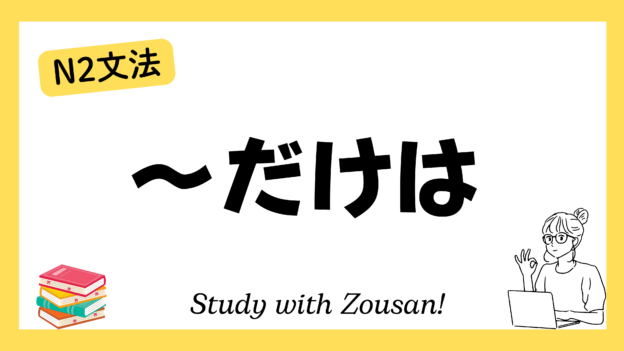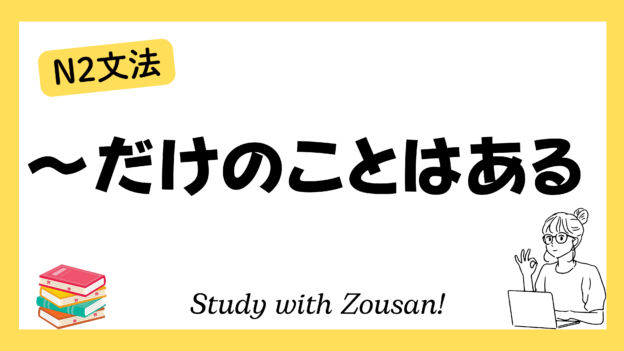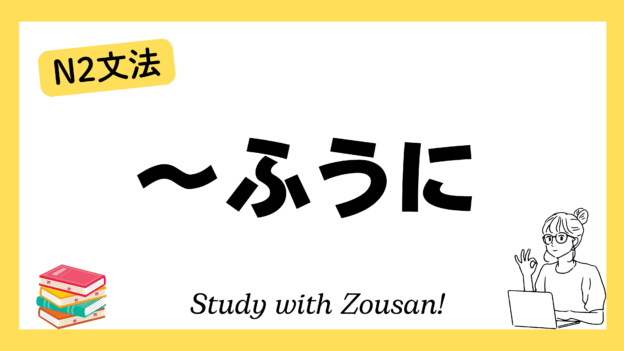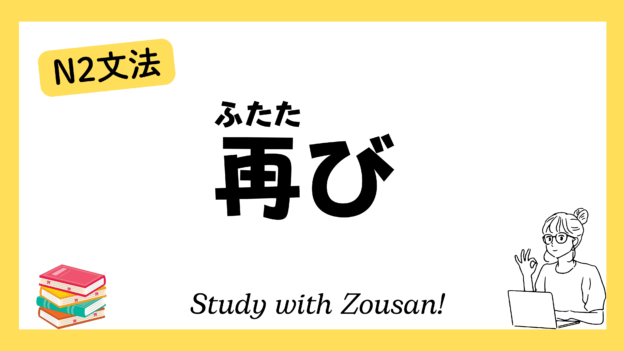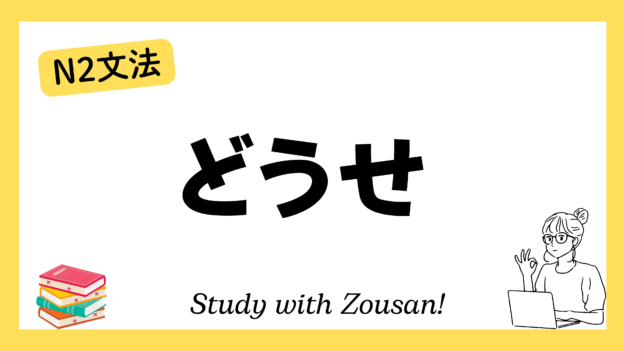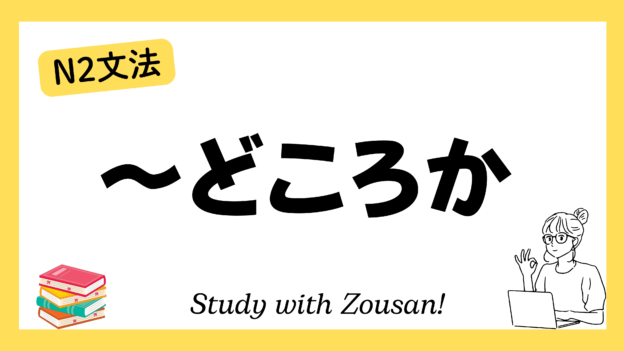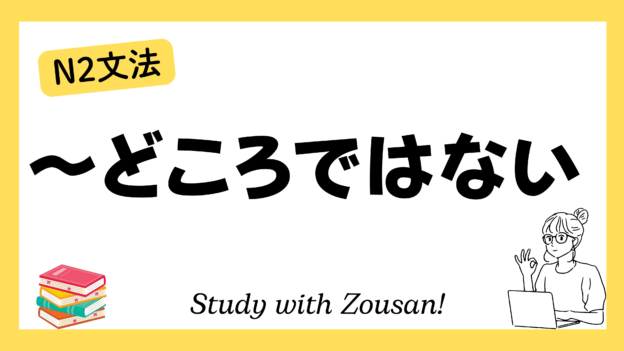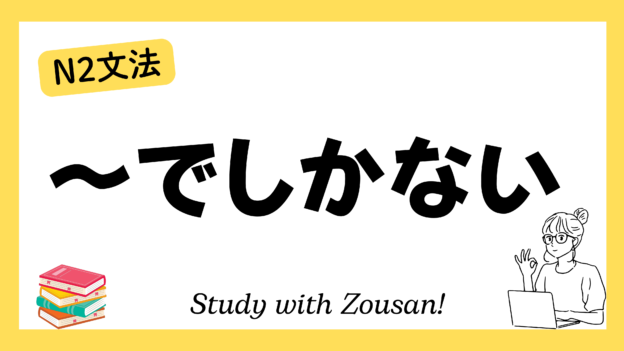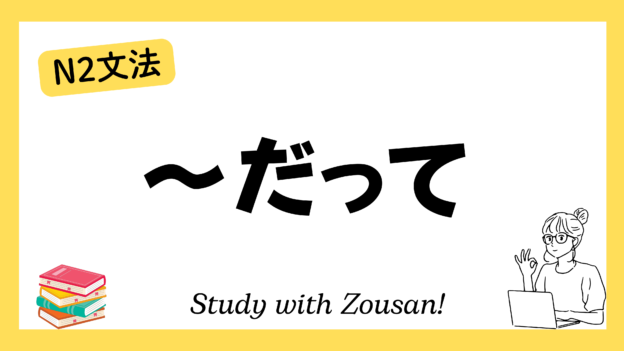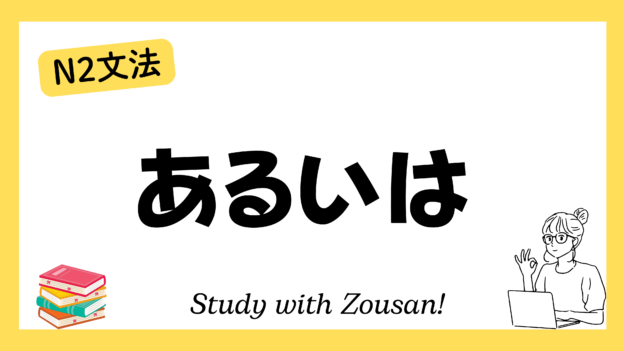Meaning: “At least…” / “As much as possible…”
The structure “~だけは” is used to express that the speaker wants to complete an action or achieve something minimally, even if they can’t fulfill everything they desire. It often implies the effort to do the basic or minimum necessary thing in difficult or limiting circumstances.
※Note:
- “~だけは” frequently pairs with verbs in a volitional or request form to emphasize the effort to accomplish something minimal.
- This structure is commonly used in contexts where the speaker cannot complete everything but wants to do “at least” the essential part.
Structure:
| Verb (dictionary form) | + だけは | + Same verb (past form) |
Example:
-
-
-
🌟 食べるだけは食べておこう。
(たべる だけ は たべて おこう)
At the very least, let’s eat something. -
🌟 挨拶だけはしておきましょう。
(あいさつ だけ は して おきましょう)
At least let’s greet them. -
🌟 この本だけは読んでおきたい。
(この ほん だけ は よんで おきたい)
I want to at least read this book. -
🌟 準備だけはしておいたほうがいい。
(じゅんび だけ は して おいた ほう が いい)
It’s better to at least be prepared. -
🌟 お願いだけは聞いてください。
(おねがい だけ は きいて ください)
At least listen to my request. -
🌟 彼には謝るだけは謝っておこう。
(かれ に は あやまる だけ は あやまって おこう)
At least let’s apologize to him. -
🌟 試験前に、復習するだけはしておきます。
(しけん まえ に、ふくしゅう する だけ は して おきます)
I’ll at least review before the test. -
🌟 行くなら、準備だけはしておいたほうがいい。
(いく なら、じゅんび だけ は して おいた ほう が いい)
If you’re going, it’s best to at least prepare. -
🌟 少しだけは話を聞いてほしい。
(すこし だけ は はなし を きいて ほしい)
I want you to at least listen a little. -
🌟 お願いしたことだけは忘れないでください。
(おねがい した こと だけ は わすれないで ください)
Please don’t forget at least what I asked.
-
-


